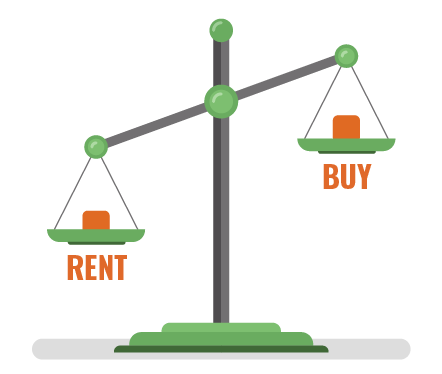This means when purchasing a commercial property, commercial banks usually offer loans covering 60-70% of the property’s value, based on its ability to generate sufficient rental income. The exact amount of the loan depends on the “interest cover ratio” (ICR), which measures the property’s rental income against its interest obligations. A higher ICR, indicating that the property income comfortably covers the interest payments, could qualify you for a higher loan amount within that 60-70% range. This assessment helps banks manage their risk by ensuring that the property can support the debt through its generated income.

This means that when a taxpayer takes out a loan to finance commercial buildings, the interest paid on that loan can be deducted from their taxable income, without limitations. Unlike some rules that apply to residential properties, where deductions for loan interest might be capped or not allowed at all (ring-fenced), commercial property loans benefit from more favorable tax treatment. This allows commercial property investors to reduce their overall taxable income by the amount of interest they pay on these loans, enhancing the financial attractiveness of investing in commercial real estate.
This means the bright-line rules, which typically govern the taxation of gains from the sale of residential rental properties within a specific period after purchase, do not apply to commercial buildings. Therefore, if you hold a commercial building with the intention of using it as an investment property, generally, any profit from the sale of this property is not subject to tax. This distinction is crucial for investment strategies, as it makes commercial real estate a potentially more attractive investment option due to the absence of immediate tax liabilities on sale profits, unlike in the residential property market where such gains might be taxed if sold within the bright-line period.
This means if you purchase a commercial property and use it entirely for business purposes, all related expenses—including maintenance costs, property management fees, and interest on loans—are fully deductible on your tax return. This comprehensive deductibility enhances the financial benefits of owning commercial real estate, as these deductions can significantly reduce your taxable income. It’s crucial, however, to ensure that the property is used exclusively for commercial activities to qualify for these tax advantages, as mixing commercial and residential use could alter the deductibility of certain expenses.
This means when purchasing a commercial property as a GST-registered entity, you can claim most expenses related to the property as input tax credits on your GST return. This means you can deduct the GST paid on these expenses from the GST you collect, effectively lowering the overall tax burden. Common exceptions include expenses that typically do not include GST, such as bank fees and residential rental payments. This tax advantage is significant for managing cash flow and reducing the net cost of property ownership, provided the property is used in making taxable supplies.
A businesses can deduct this loss of value from their taxable income each year, which can lead to tax savings. The rate of depreciation on fit out costs is 2%.